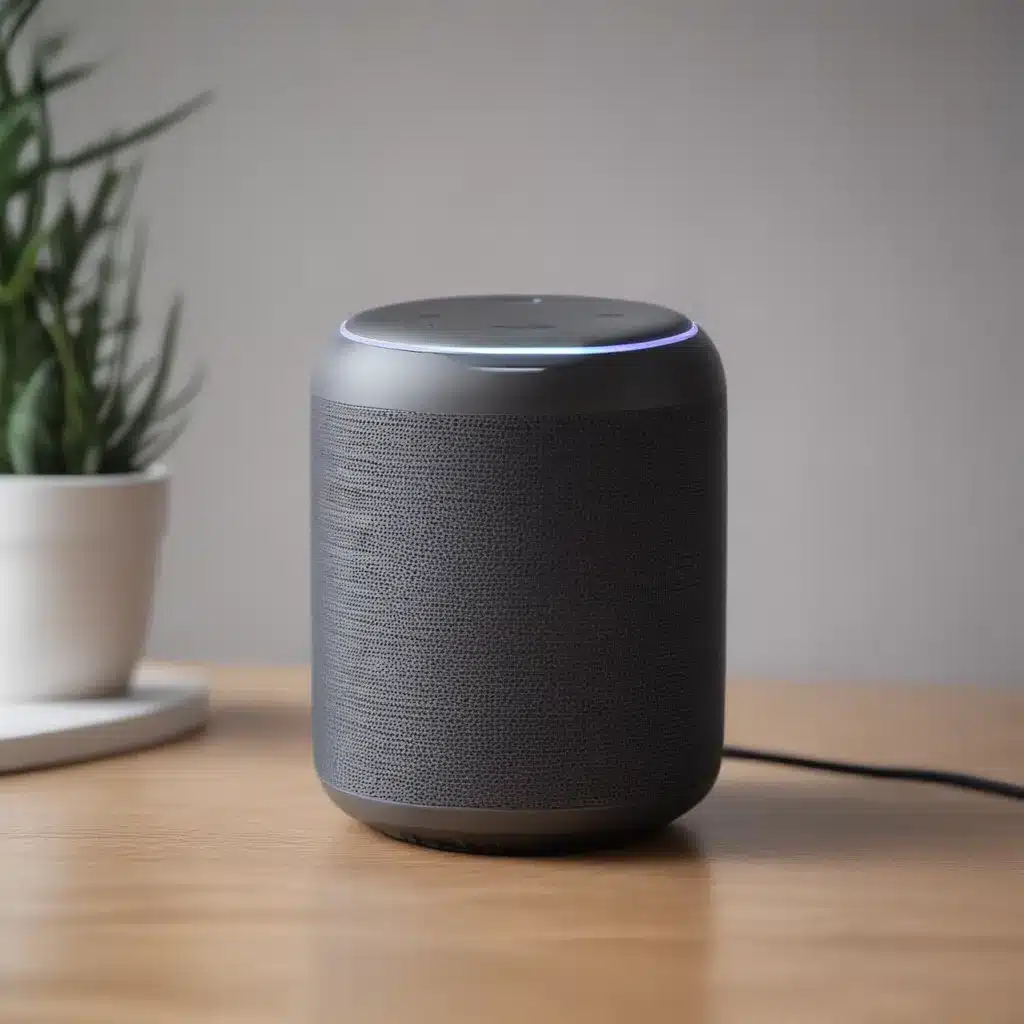
The Rise of Voice Assistants: Are They Eavesdropping on Our Lives?
I remember the first time I interacted with a voice assistant. It was a few years ago, and I was setting up my new smart speaker at home. As I spoke the “wake word” to activate the device, I felt a slight twinge of unease. Was this thing really listening to me all the time? Was it going to start recording my private conversations and sending them to some shadowy tech company?
These concerns are not unfounded. Voice assistants like Alexa, Siri, and Google Assistant have become increasingly ubiquitous in our homes and workplaces. They’re convenient, sure, but they also raise serious privacy issues. According to Privacy Policies, voice assistants can potentially record and store our conversations, and in some cases, even have human employees listen to the recordings.
So, as an SEO agency in Manchester, UK (check out our website at mcrseo.org), we’re deeply interested in understanding the implications of voice assistants for our clients’ websites. Are these devices eavesdropping on our websites, and if so, what does that mean for our online presence and the way we optimize for voice search?
The Listening Capabilities of Voice Assistants
To get a better understanding of the listening capabilities of voice assistants, let’s dive into some of the technical details. These devices are equipped with microphones that are constantly listening for the “wake word” (like “Alexa” or “OK, Google”) that activates them. According to the Federal Trade Commission, voice assistants may also start recording when they mishear a command or when background noise is mistaken for the wake word.
Once activated, the voice assistant records what you say and sends that audio data to the manufacturer’s servers, where it may be processed and analyzed. As noted on Quora, some voice assistant companies have even had employees listen to a sample of the recordings to help improve their products.
Now, you might be thinking, “But I haven’t given my voice assistant permission to listen to my conversations!” That’s a fair point. Most voice assistants come with privacy settings that allow you to control what they can do, including whether they can listen to and store your audio recordings. As the New York Times reports, you can often find these settings in the voice assistant’s app or on the manufacturer’s website.
The Implications for Websites and SEO
Okay, so we know that voice assistants have the capability to listen to our conversations. But what does that mean for our websites and our SEO efforts?
Well, for starters, it means that the content on our websites could potentially be picked up by these voice assistants and used to answer queries or provide information to users. This is both an opportunity and a challenge.
On the one hand, if our website content is optimized for voice search, we could see an increase in traffic and engagement from voice assistant users. As the New York Times article mentioned, voice search is becoming increasingly important, and businesses that adapt their SEO strategies accordingly can reap the benefits.
On the other hand, if our website content is not optimized for voice search, or if voice assistants are picking up on sensitive or private information, it could pose a risk to our online reputation and the privacy of our clients. We need to be mindful of what we’re putting on our websites and how it might be interpreted by these listening devices.
Strategies for Protecting Your Website from Voice Assistant Eavesdropping
So, what can we do as an SEO agency to protect our clients’ websites from potential voice assistant eavesdropping? Here are a few strategies to consider:
-
Optimize for Voice Search: Make sure your website’s content is structured and formatted in a way that’s optimized for voice search. This includes using natural language, answering questions directly, and focusing on long-tail keywords.
-
Review Your Website Content: Carefully review the content on your clients’ websites to ensure that there’s no sensitive or private information that could be picked up by voice assistants. If necessary, consider removing or obfuscating any potentially problematic content.
-
Educate Your Clients: Work closely with your clients to help them understand the potential privacy and security risks associated with voice assistants. Encourage them to review and adjust their own voice assistant settings to better protect their information.
-
Stay Up-to-Date on Voice Assistant Developments: Keep an eye on the latest news and research around voice assistant technology, and be proactive in adapting your SEO strategies as the landscape evolves.
At the end of the day, the rise of voice assistants is a double-edged sword for website owners and SEO professionals. On one hand, they present an opportunity to reach a new audience and optimize for voice search. On the other hand, they raise serious privacy concerns that we need to address head-on.
As an SEO agency in Manchester, UK, we’re committed to helping our clients navigate this complex and ever-changing landscape. By staying informed, proactive, and vigilant, we can ensure that our clients’ websites are not only optimized for success, but also protected from the potential risks of voice assistant eavesdropping.



























